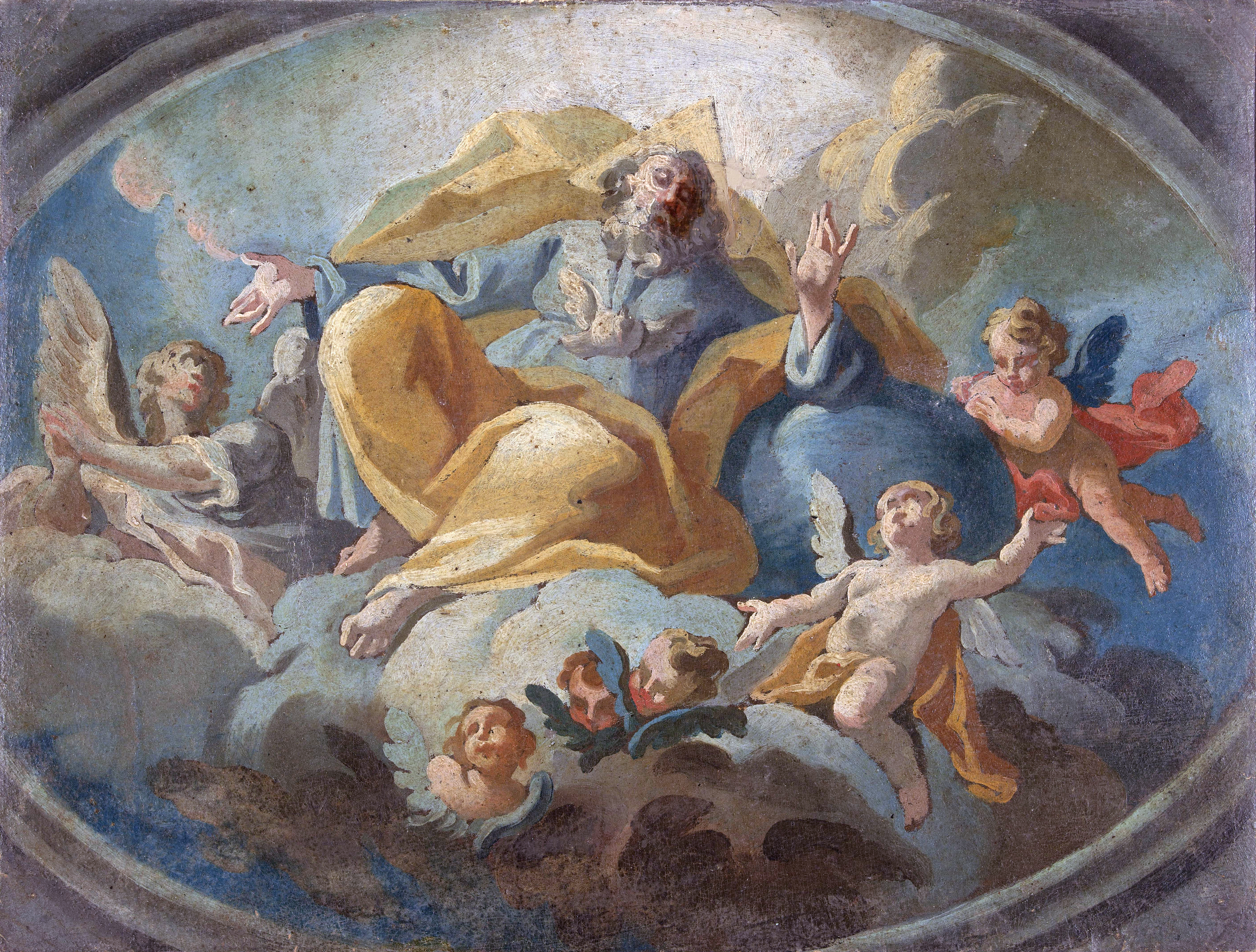In this somewhat confusing Gospel passage Jesus says two things in particular that stand out to me. “Take heed that you are not led astray” and “do not be terrified”.
These phrases are comforting. There is much masquerading about that can lead us astray – the pursuit of wealth, fame, or attention, a desire to be liked by others, wanting to be included instead of excluded. It’s easy to get caught up in the ways of the world and forget the simplicity of the Gospel message: we are crafted intentionally and deeply loved and Jesus came, died, and rose so we may spend eternity with God. Money, notoriety, and great stuff won’t bring us to heaven. It will distract us though.
Jesus also reminds us to not be terrified. This passage foretells destruction and endings. We know that Jesus will come again and he tells us of the signs of the end of the world. We don’t expect it to be a graceful transition. But in the midst of this scariness, we are told not to be afraid, and because we know of Christ’s great love for us and his sacrifice for our salvation, we can heed his advice with faith.
If we keep our gaze on him and don’t allow ourselves to be led astray, we can greet anything that comes our way without fear because Jesus himself told us multiple times in the Bible: “Do not be afraid.” God is so good.
En este pasaje del Evangelio algo confuso, Jesús dice dos cosas en particular que me llaman la atención: “Cuídense de que nadie los engañe” y “que no los domine el pánico”.
Estas frases son reconfortantes. Hay muchas apariencias que pueden llevarnos por el mal camino: la búsqueda de riqueza, fama o atención, el deseo de agradar a los demás, el deseo de ser incluidos en lugar de excluidos. Es fácil dejarse llevar por las costumbres del mundo y olvidar la sencillez del mensaje del Evangelio: fuimos creados intencionalmente y somos profundamente amados, y Jesús vino, murió y resucitó para que podamos pasar la eternidad con Dios. El dinero, la notoriedad y las grandes cosas no nos llevarán al cielo, pero sí nos distraerán.
Jesús también nos recuerda que no debemos tener miedo. Este pasaje predice destrucción y finales. Sabemos que Jesús volverá y nos habla de las señales del fin del mundo. No esperamos que sea una transición elegante. Pero en medio de todo este temor, se nos dice que no tengamos miedo, y porque conocemos el gran amor de Cristo por nosotros y su sacrificio por nuestra salvación, podemos escuchar su consejo con fe.
Si mantenemos nuestra mirada fija en él y no nos dejamos llevar por el mal camino, podemos recibir todo lo que se nos presente sin temor, porque Jesús mismo nos lo dijo varias veces en la Biblia: “No tengan miedo”. Dios es tan bueno.
 Merridith Frediani loves words and is delighted by good sentences. She also loves Lake Michigan, dahlias, the first sip of hot coffee in the morning, millennials, and playing Sheepshead with her husband and three kids. She writes for Catholic Mom, Diocesan.com, and her local Catholic Herald. Her first book Draw Close to Jesus: A Woman’s Guide to Adoration is available at Our Sunday Visitor and Amazon. You can learn more at merridithfrediani.com.
Merridith Frediani loves words and is delighted by good sentences. She also loves Lake Michigan, dahlias, the first sip of hot coffee in the morning, millennials, and playing Sheepshead with her husband and three kids. She writes for Catholic Mom, Diocesan.com, and her local Catholic Herald. Her first book Draw Close to Jesus: A Woman’s Guide to Adoration is available at Our Sunday Visitor and Amazon. You can learn more at merridithfrediani.com.
Feature Image Credit: Priscilla Du Preez CA, unsplash.com/photos/brown-wooden-frame-with-quote-0X_xuOr_xbY












